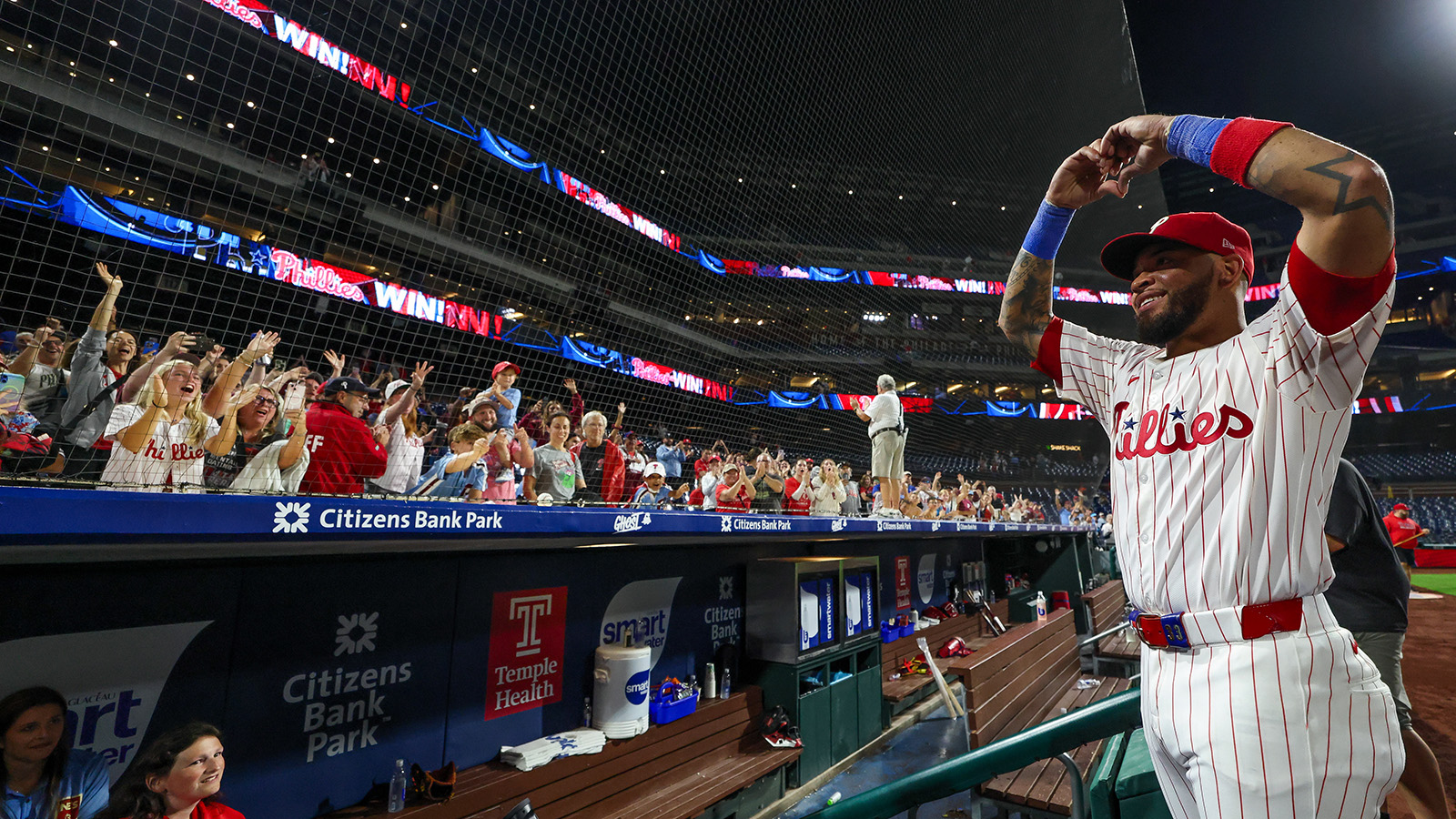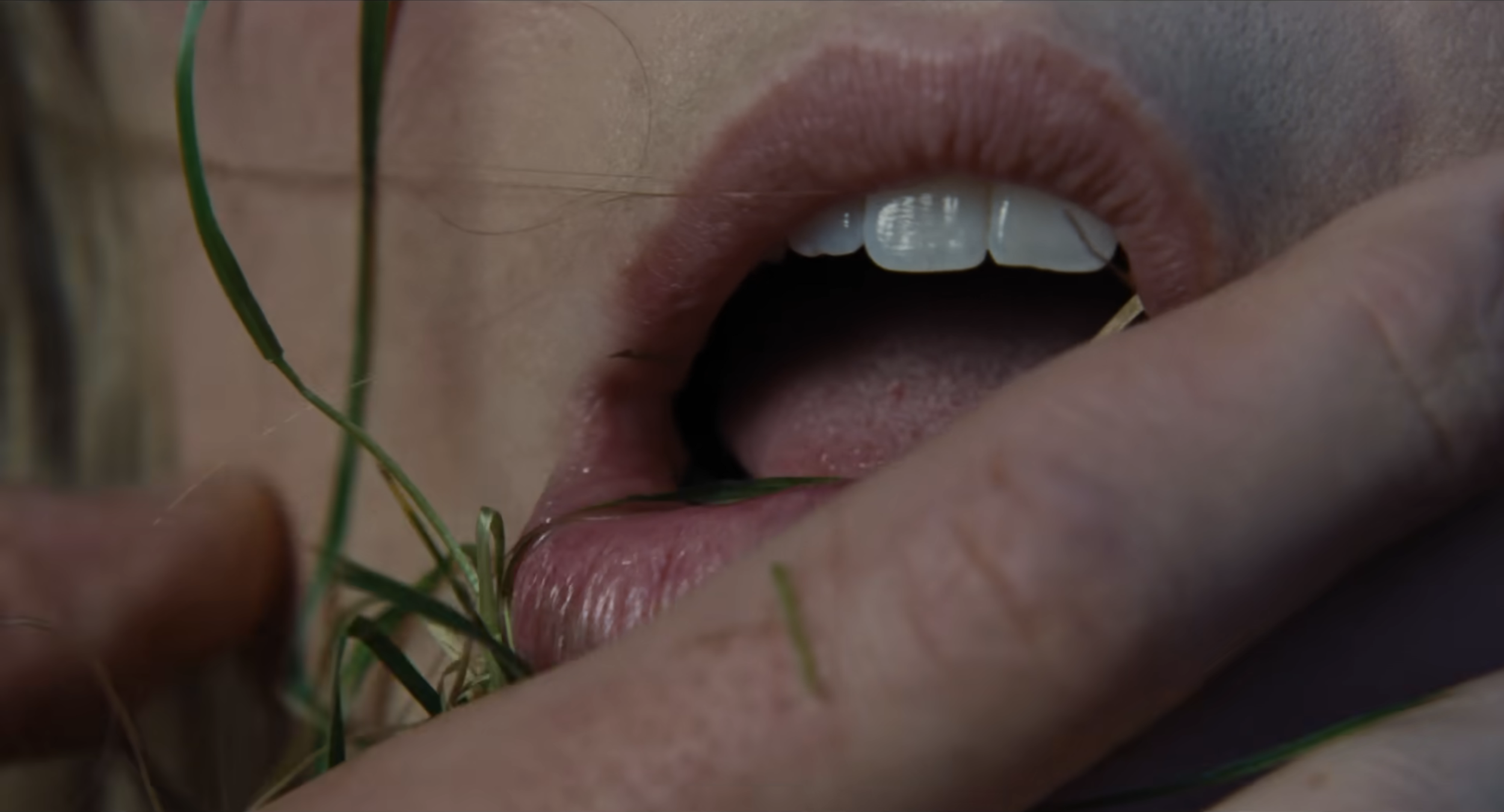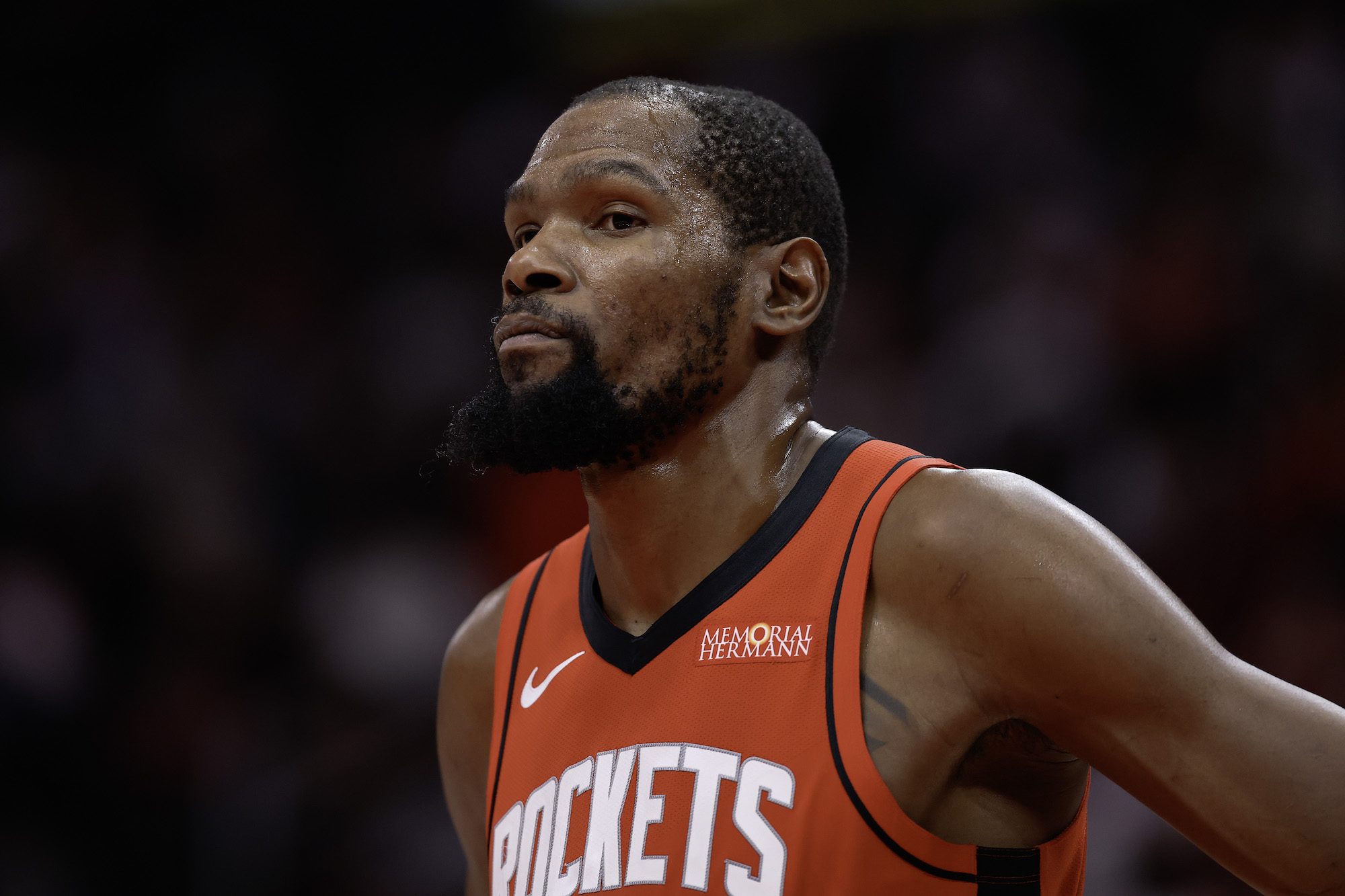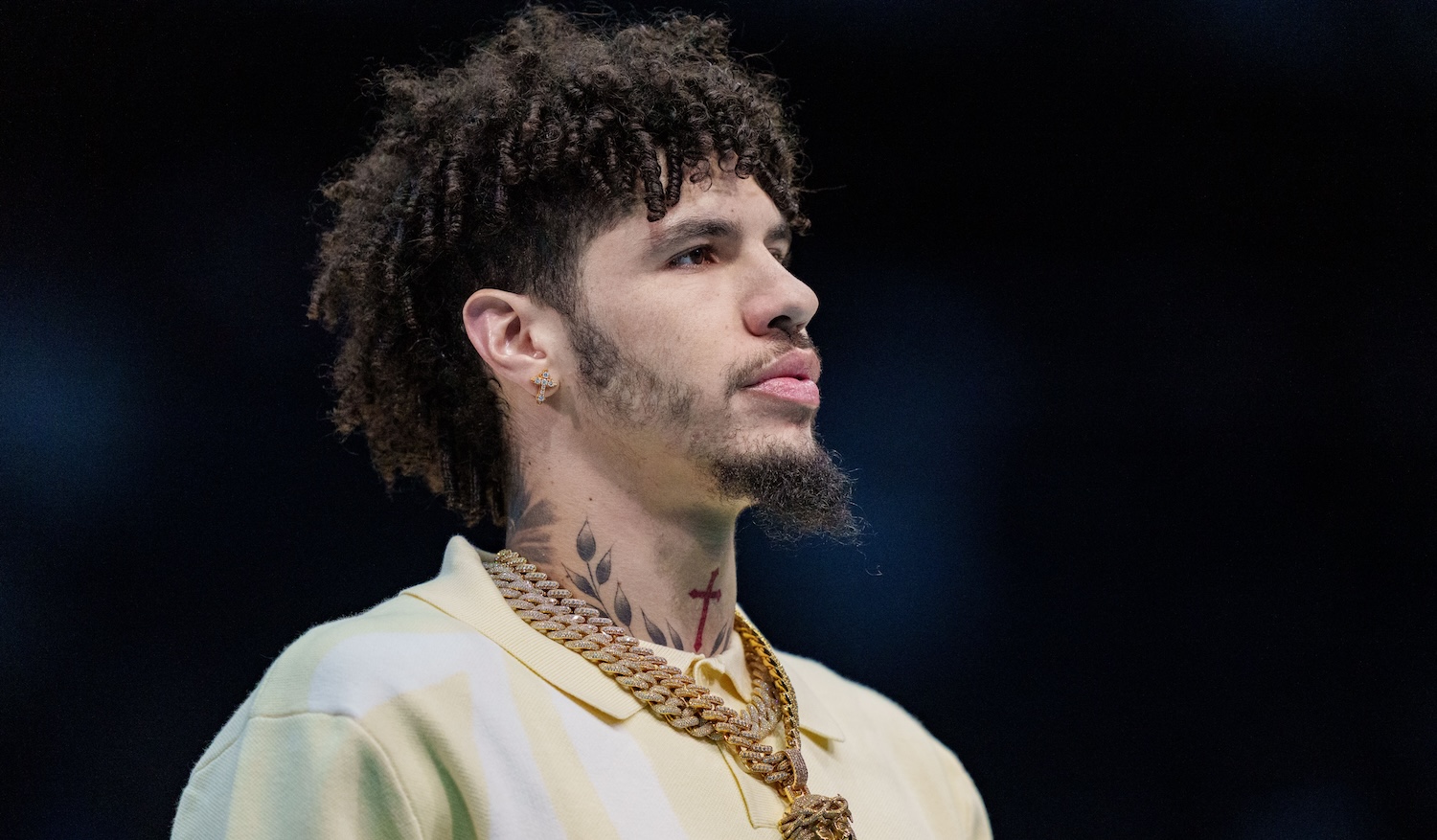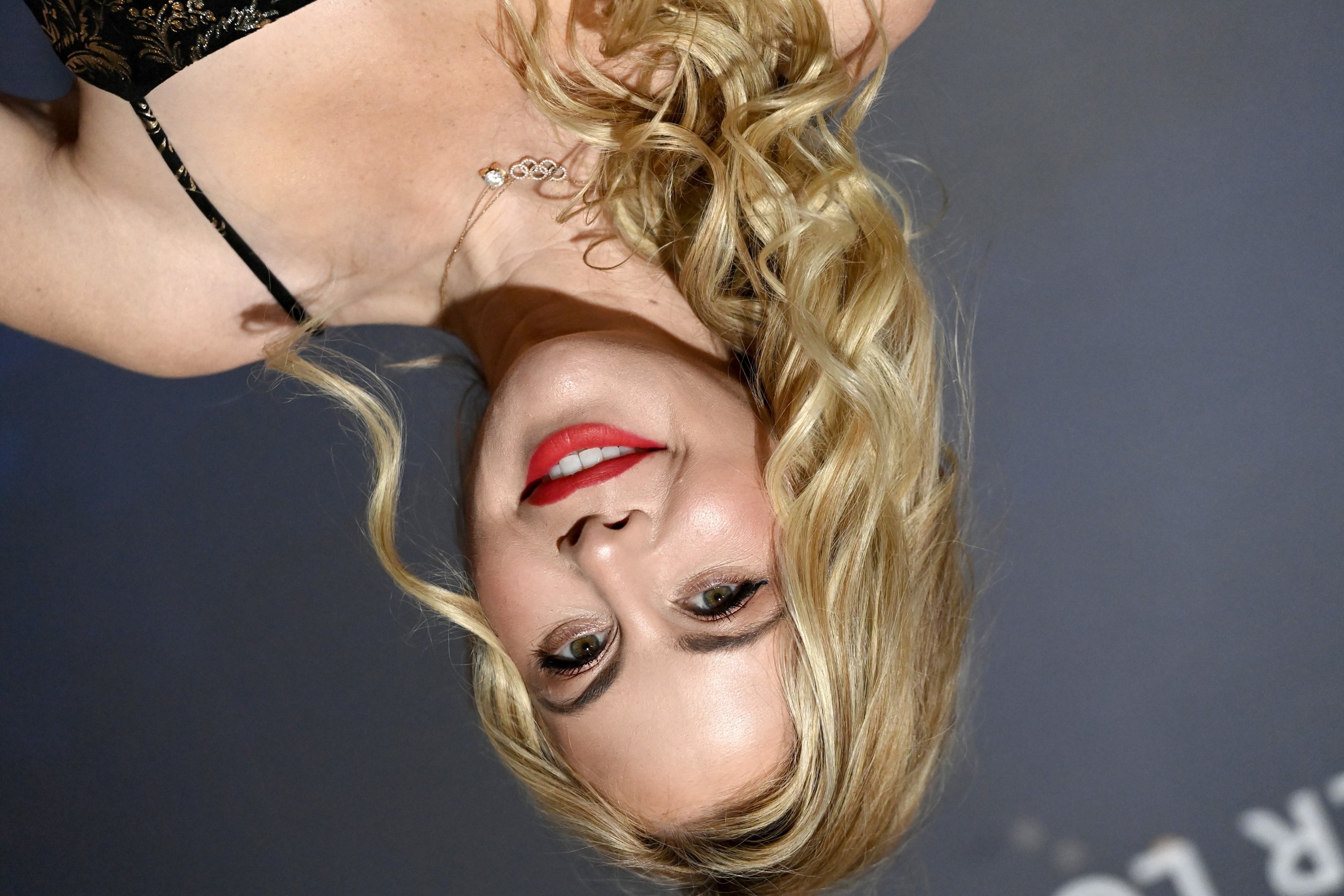The Phillies did not send their best lineup out there on Wednesday night. They needed just one win or one Dodgers loss to wrap up a playoff bye, and there were five games left in the season. It was going to happen; they did not really seem to be in a rush. Similarly, the top seed in the NL is almost certainly out of reach. J.T. Realmuto got the night off. Bryce Harper is still sick, presumably with the “kids are back in school” cold that everyone in this area currently has. Otto Kemp started at first base. The only interesting part of the borderline Spring Training lineup was shortstop Edmundo Sosa, who returned to the field after a short stint on the IL. It was rainy. The crowd was the smallest since May. When Jesús Luzardo gave up an unearned run in the second inning, that honestly seemed like it might be enough for the Marlins.
It was not. Luzardo ended up going seven innings with 10 strikeouts; that sole unearned run was all the Marlins could manage against him. And the Phillies' makeshift lineup made it a memorable night: They hit eight homers, a team record and just one off the NL mark. Kyle Schwarber hit his 55th and 56th homers of the season. And Sosa, in his first appearance since the 12th, hit three! He still trails Schwarber by 46 home runs with four games remaining. The Phillies won, 11-1, clinched that bye, and gave the 36,816 in attendance something to remember.
The Phillies have hit 210 homers this season, tied with the Diamondbacks for fourth in the NL. An 87-win Phillies team mashed its way to the World Series in 2022, tying a World Series record with five homers in Game 3. That team was also fourth in the league, but hit just 205 homers in a slightly less homer-happy season. This year's Phillies have done damage on hittable pitches, but their chase rate remains high; that 2022 team is the only one to hit five homers in a World Series game and still lose the series.
And so this is what you—and by you, I mean me, last night, at the baseball game—grumble about when the score is 1-0, or even the inning after Schwarber had tied it as my friends and I ate a “rally pretzel.” (I’d never heard of this tactic before, but it worked! I will be stocking up for the playoffs.) But by the seventh inning, the fears of another September flameout were absolutely gone. It was a fireworks show. The Phillies hit four homers in five batters—Nick Castellanos, mired in a months-long slump, reached on an error between matching pairs of back-to-back homers—and all we cared about was that our meaningless, dreary game had turned into a memorable night. Bryson Stott’s homer bounced into the opponent’s bullpen. Schwarber’s second homer went 468 feet and was, again, his 56th homer of the year. After his first, we spent some time thinking about how that was the highest-number homer we’d ever seen. (My previous high was seeing Ryan Howard hit 50, 51, and 52 in person.) We barely had time to appreciate that 55 was our new high before we broke our own record!
This was not the first time I’d been to a poorly attended Phillies game on a dreary night, and had a barrage of homers etch the event into my brain forever. That was another September game, this one in 1999. I’d just started senior year of high school. I drove to the Phillies game, possibly for the first time in my life. I think we just parked on the street; nobody was breaking into my two-door 1992 Honda Accord DX in a parking lot or on Pattison Avenue. We had half-off coupons and paid $5 to get in. We sat in an empty 700 Level—at a stadium much larger than Citizens Bank Park, there were just 16,357 in attendance that night. I remember my friend, now a beloved local veterinarian in my neighborhood, wore a bright yellow raincoat to the game. We flirted with girls in the luxury boxes above. We played tag in a completely empty section in the upper deck until an usher politely asked us to stop. We drove to a friend’s house afterward and stayed over. A coed sleepover! I talked all night with a girl I was interested in. I was 16. If I could pinpoint a moment when my adulthood started, it might be Sept. 4, 1999.
Also, the Reds hit a National League-record nine home runs that night and beat the Phillies, 22-3. Paul Byrd gave up three homers and allowed five runs. Billy Brewer allowed both of his runs on an Ed Taubensee homer. Cliff Politte didn’t give up any homers, but allowed six runs all the same. Chad Ogea gave up three runs on three homers; Amaury Telemaco gave up six runs and a pair of homers. Only Steve Schrenk, who played in 52 games for the Phillies in 1999 and 2000, put up a scoreless inning. We’d probably left by the time he was pitching in the ninth. There was a sleepover to get to, and the usher was pretty clear that we shouldn't be playing tag anymore.
On the way home, however, I learned from sports talk radio that the Reds had set the NL record for homers in a game. That record still stands. The Phillies, two games over .500 coming into the game, had lost 8 of 11 and had wrecked their slim chance at the Wild Card. Desperate to salvage something, the team held a closed-door team meeting before that game. They started well, scoring two runs off beloved Rated Rookie Pete Harnisch in the first. Reds LF Greg Vaughn dropped a Bobby Abreu flyball and Doug Glanville scored; Abreu scored when Rico Brogna singled. Brogna had his second straight 100-RBI season in 1999. Perhaps that meeting was the turnaround the team needed. Then over the next three hours, they allowed the most homers ever hit in a National League game.
The night would’ve been memorable no matter what. I was with my friends at a Phillies game during my senior year of high school, and my brain places those kinds of memories in long-time storage. Instead I get to remember the game, too, the ridiculous disgust of the small crowd as the Phillies allowed more and more home runs. “It felt like they were swinging aluminum bats,” Byrd said. “It was out of hand. It was like slow-pitch softball. It seemed like every mistake we made ended up in the 500 level.” Ogea seemed confused by what happened to him out there. “I felt like I had some of my best stuff all year,” he said afterward. “It just wasn’t a good night to pitch.”
It wasn’t. But it didn’t matter. I can thank Phillies pitching and manager Terry Francona for that great Veterans Stadium memory. For last night? I can apparently thank the entire Marlins organization, as they call pitches from the dugout.
